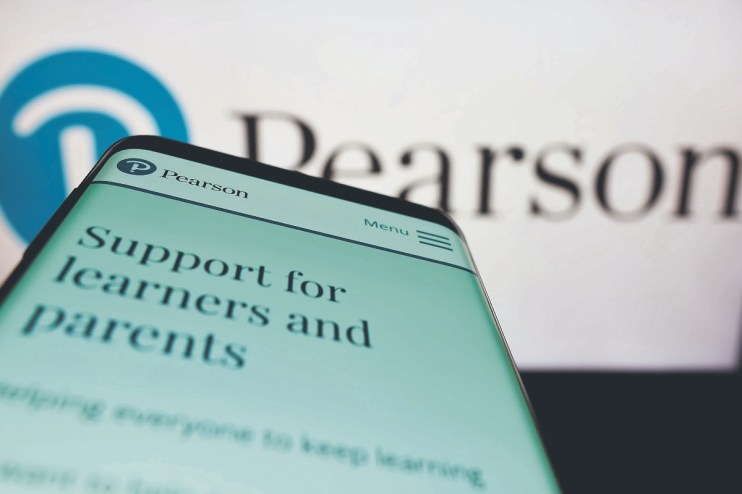Microsoft and FTSE firm Pearson tie up AI deal after UK action plan

Microsoft and London-listed education giant Pearson have announced a multiyear partnership to address the global skills gap in artificial intelligence, as the UK prioritises AI.
This collaboration will combine Microsoft’s cloud and AI technologies with Pearson’s learning and assessment expertise to provide AI tools. It will also offer tailored learning and certifications for workers and businesses, including in the UK.
The announcement comes as the UK just announced its AI Opportunities Action plan to position AI at the forefront of the UK’s economic growth strategy.
Keir Starmer revealed on Monday that the government will focus on improving access to AI education and equipping workers with the essential skill set to support the action plan.
Microsoft’s chief commercial officer, Judson Althoff, said: “The speed and scale of AI innovation present a unique opportunity for organisations to transform, but this requires workers who are equipped with the right skills.
“This partnership will empower employees to advance their careers while helping businesses unlock AI’s potential.”
While this is a global deal, the FTSE 100 firm Pearson currently has a UK workforce of around 3,000 employees, where the Microsoft 365 Copilot will also be used.
Coursera, one of the largest global learning platforms, recently released a Job Skills report which shows how demand for AI skills has surged globally.
Its data revealed a dramatic 866 per cent year-on-year increase in global AI course enrolments, with ‘Google AI Essentials’ being its most popular course taken by British learners, representing 4.2 million of the site’s students.
Its data also showed that generative AI was the fastest growing skill in 2024, and that courses on generative AI tools such as ChatGPT were also among the most popular.
Science and technology secretary Peter Kyle said that “AI is transforming industries and creating new opportunities.”
“By ensuring that everyone, from students to small businesses, has access to the tools and training they need, we can make Britain a leader in this technology.”
Despite the government’s efforts in its latest AI plan, sector leaders have warned that more must be done to prepare the workforce for the implementation of AI into our economy.
Dr. Raoul-Gabriel Urma of Cambridge Spark argued that AI literacy needs to extend beyond major enterprises and elite institutions.
“To truly unlock AI’s potential, we need to embed these skills across all sectors and regions, not just within the tech industry or urban centres”, he said.
